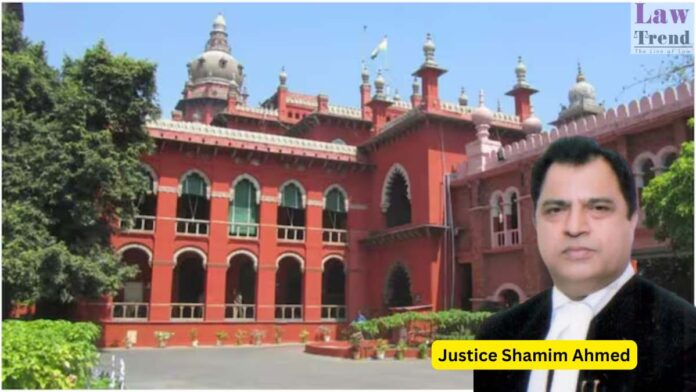The Madurai Bench of the Madras High Court, in a judgment delivered by Justice Shamim Ahmed, has ruled that the time limit prescribed under Section 23 of the Registration Act, 1908, does not apply to the registration of a sale certificate issued by a Civil Court. The Court quashed a Sub-Registrar’s refusal to register such
To Read More Please Subscribe to VIP Membership for Unlimited Access to All the Articles, Download Available Copies of Judgments/Order, Acess to Central/State Bare Acts, Advertisement Free Content, Access to More than 4000 Legal Drafts( Readymade Editable Formats of Suits, Petitions, Writs, Legal Notices, Divorce Petitions, 138 Notices, Bail Applications etc.) in Hindi and English.




